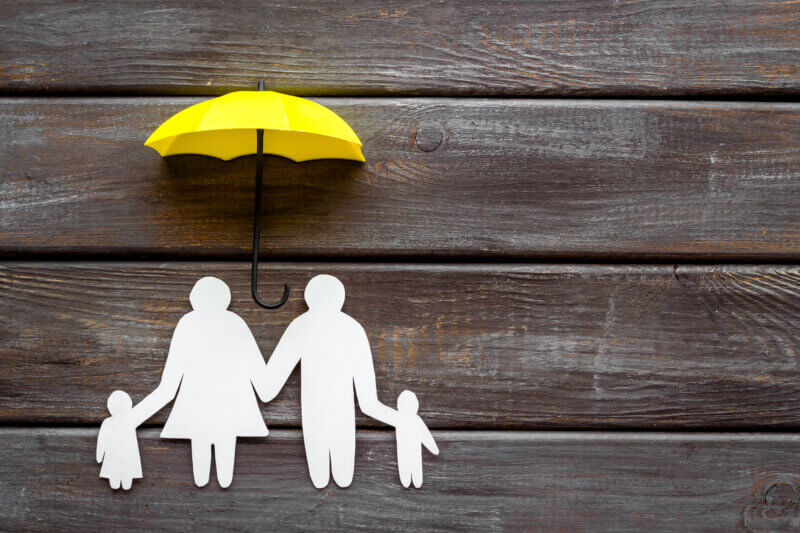Combatting Misinformation and Misconceptions about Autism
Nearly 62 million people worldwide have autism spectrum disorder (ASD). While the exact causes of autism are not known, it’s understood there are numerous factors that can be involved. Our understanding of ASD comes from scientific research and listening to people with lived experience. Autism is a part of neurodiversity – a unique expression of humanity full of unique challenges…
















